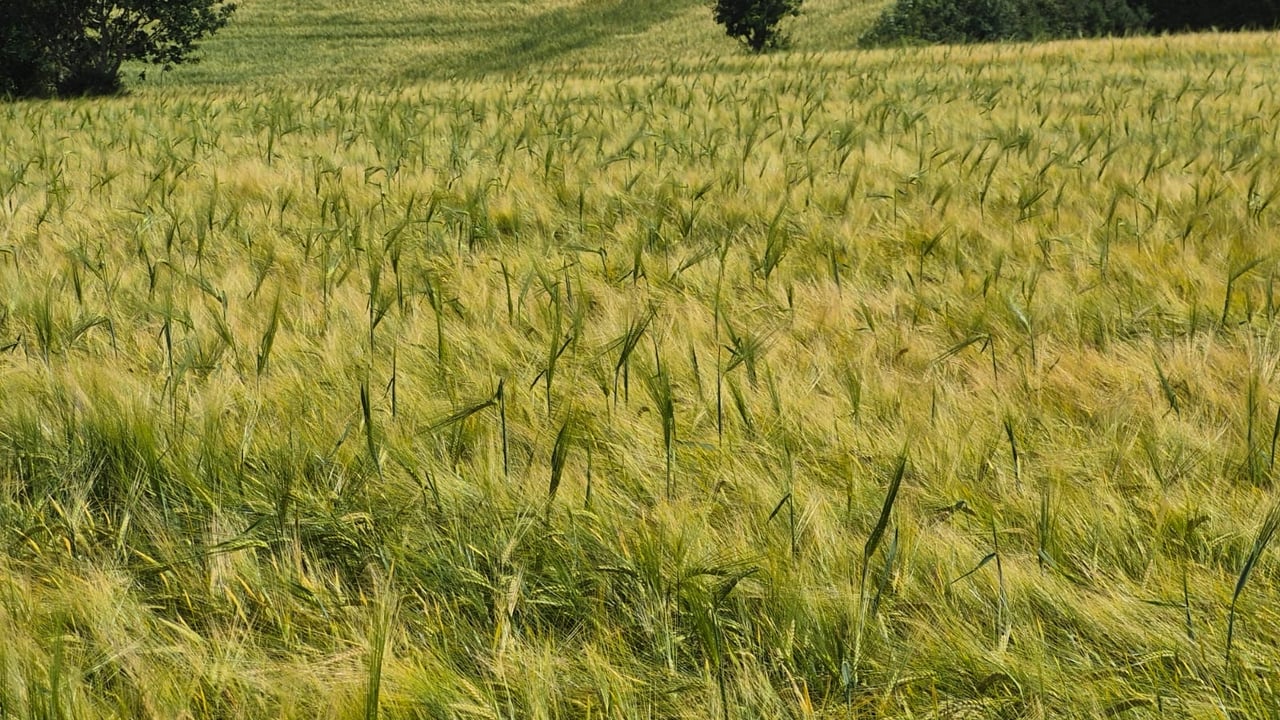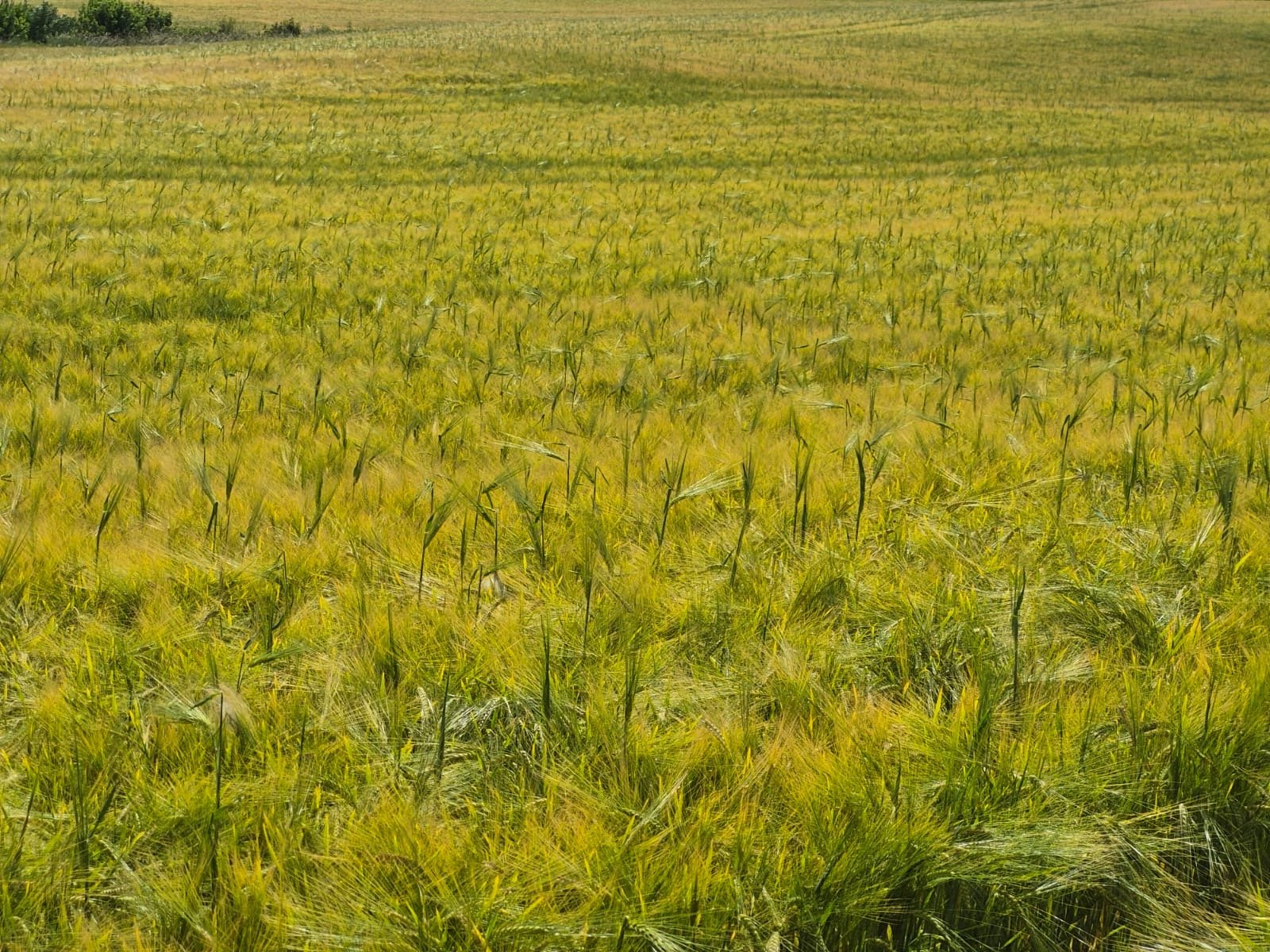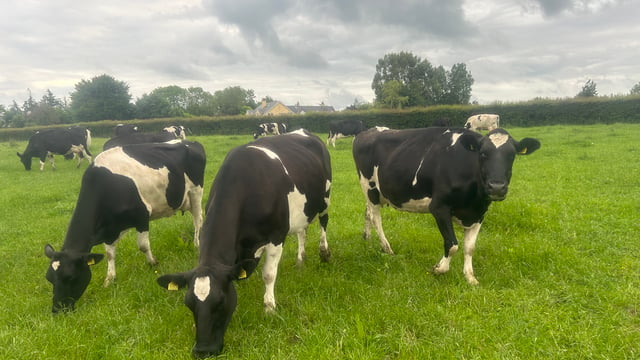Concern over possible contamination issue in malting barley
A group of tillage farmers in the south-east of the country have expressed concerns at what they regard as the contamination of their malting barley crops with seed of a different variety.
In all cases, the same two-row malting variety is at the heart of the concern, the contaminant is a six-row barley option.
It's understood that almost 40 growers may be affected with the area of malting barley impacted extending to just short of 5,000ac and the Irish Farmers' Association (IFA) said it is aware of the concerns.
Quite a number of these crops will be ready for harvest within the next fortnight. The impacted growers are worried that the presence of green, contaminating grains will act to exclude their barley for malting purposes.
They feel that exclusion could potentially serve to significantly devalue the harvested barley submitted by the growers in question.
The Irish Farmers’ Association (IFA) has confirmed to Agriland that it is aware of the matter and said that it is liaising closely with its members.
Seed certification
According to the Department of Agriculture Food and the Marine (DAFM), Ireland’s seed certification system is an official system supported by EU and national legislation and international protocols.
This ensures that seed is produced, multiplied and marketed according to predetermined standards and systems while maintaining the genetic integrity of the product.
The immediate objective of the seed certification system is to provide a guarantee to the purchaser that the seed is true to identity, high in purity and germination capacity and as far as possible, free from major pests and diseases.
Seed quality is most important in crop production, as high-quality seed is essential for good crop establishment, vigour and maximum returns in terms of yield and quality.
DAFM officials conduct all the inspections, tests and controls required by the Seed Certification Scheme in Ireland.
A representative from the Irish seed trade sector has explained that a degree of varietal tolerance is allowed for, where the supply and sale of certified cereal seed is concerned.
According to DAFM regulations, crops of certified grain C1 seed must achieve 99.7% varietal purity in the field.
Where the sale of certified of C1 seed is concerned, batches must secure 98% minimum analytical purity by weight.
In addition, there is a zero tolerance for wild oats, blackgrass and sterile brome in Irish grown certified seed. At field inspection there is a zero tolerance for blackgrass.
However, the malting barley growers in the south-east remain firmly of the view that they are coping with an issue not of their own making. However, the cause of the perceived contamination has yet to be established definitively.






